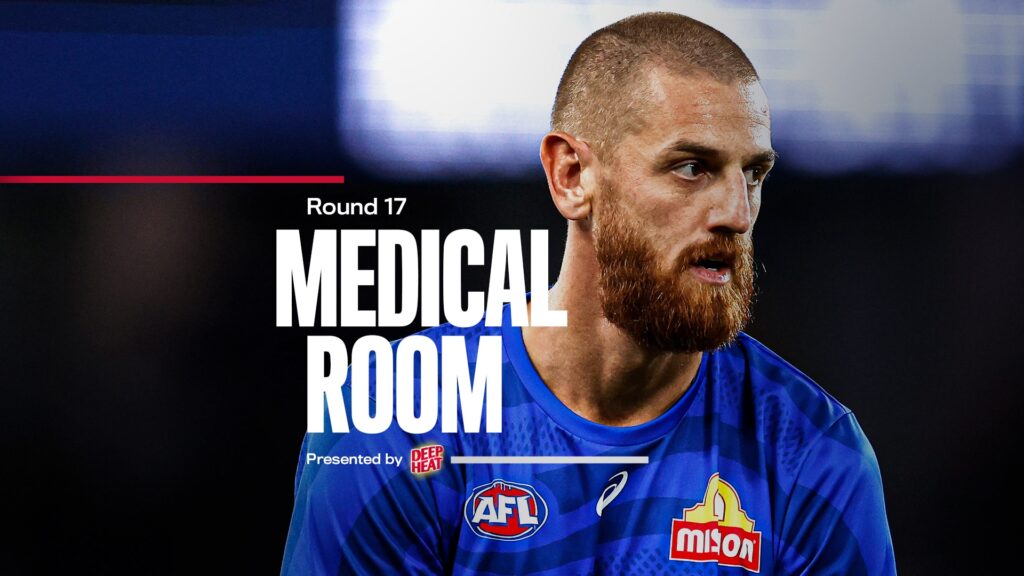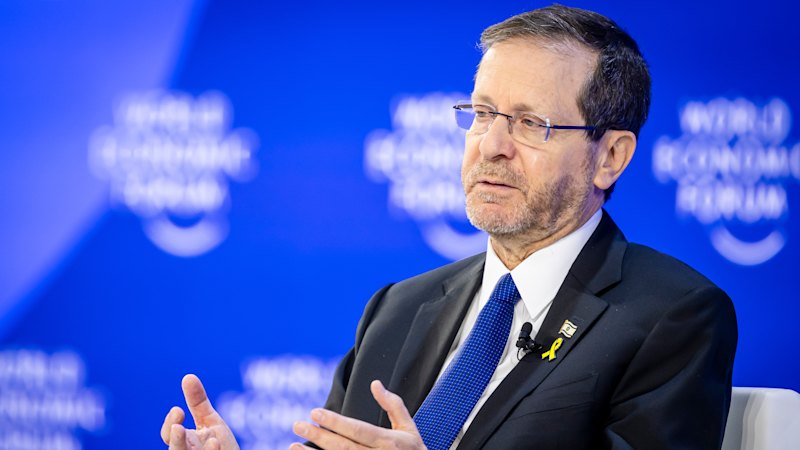
Liam Jones, a prominent tall defender, remains a test to return to the field ahead of this weekend’s VFL and AFL games. Battling general soreness, Jones must successfully complete the main training this week to be considered for selection. This update comes as teams prepare for crucial matches that could impact their standings in the league.
According to Chris Bell, the Head of Sports Medicine, Jones’ condition has been improving steadily.
“Liam Jones’ general soreness from a heavy landing two weeks ago has continued to improve. If he gets through full training this week like I expect, his name will be back on the selection table,”
Bell stated, highlighting the careful management of Jones’ recovery process.
Concussion Protocols and Player Management
Meanwhile, Michael Sellwood is on track to return to play, having been managed through the concussion protocols. Sellwood’s potential return via the VFL this weekend is contingent upon completing the final stages of his recovery.
“Michael has progressed well within our concussion protocols. He still has some final boxes to tick across the next 48 hours but is in line to return to availability,”
Bell noted, emphasizing the importance of player safety in concussion management.
The AFL has been under scrutiny for its handling of player concussions, with increasing pressure to prioritize long-term health over short-term gains. The league’s protocols have been updated in recent years, reflecting a broader shift towards more rigorous health and safety standards.
Young Talent and Injury Precautions
In another update, Luke Kennedy will miss another week due to calf trouble. The young first-year player is experiencing low-level calf tightness, and the team is opting for a cautious approach.
“Being a young first-year player, we won’t take any risks with Luke and will monitor him across the next week to determine when he returns to play,”
Bell explained, underscoring the team’s commitment to nurturing young talent responsibly.
The decision to rest Kennedy aligns with a growing trend in sports medicine to prioritize long-term athlete development over immediate performance. This approach is particularly important for younger players, whose bodies are still adapting to the demands of professional sports.
Implications for Team Performance
The potential return of key players like Jones and Sellwood could significantly impact their teams’ performances this weekend. As the season progresses, every match becomes crucial for teams vying for a spot in the finals. The strategic management of player fitness and recovery is a critical component of team success.
Looking ahead, the focus will remain on ensuring players are fit and healthy, with medical teams playing a pivotal role in balancing the demands of competition with the well-being of athletes. The careful handling of injuries and player health not only affects immediate game outcomes but also has long-term implications for player careers and team dynamics.
As clubs continue to navigate the challenges of player injuries and recovery, the emphasis on comprehensive medical care and strategic player management will be key to sustaining competitive performance throughout the season.







